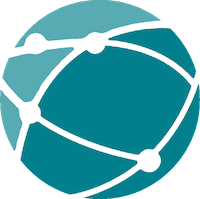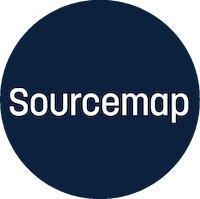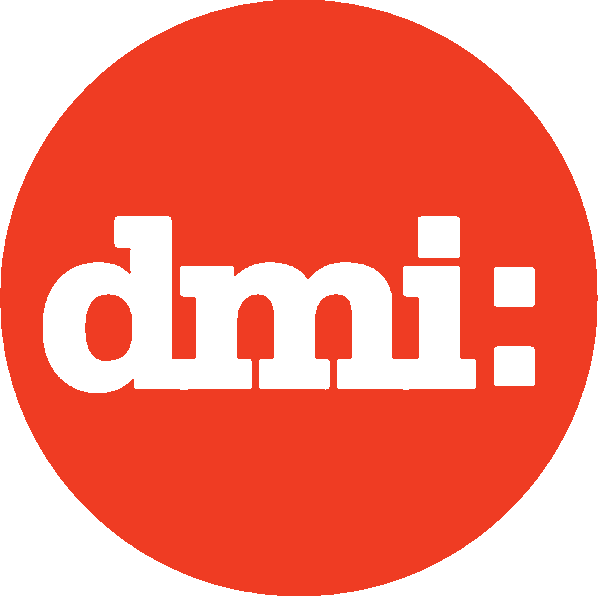Cheers to Silver Linings

Remote for over two years, here's what we've learned
Once upon a time (not too long ago), our entire world was upended. That disruption came with a range of challenges. It changed us on multiple levels, and some of those changes were rough. But the past two years have brought a new level of awareness, conversation and even research about work and place that would not have existed otherwise. Head down to On Our Minds for the story of this shift, with links to some of our favorite articles and research chronicling this long-needed (and now, hyper-fast) transformation. Happy summer reading!
On our minds
As COVID-19 numbers rise again, alongside inflation and temperatures, we’re all craving relief. And workers are finding it! In the past two years, we’ve clarified some important truths about work culture: one-size-fits-all offices have sucked for far too long—so long, in fact, that their awfulness had become normalized; remote work is better for the worker and community; forced change spawns long-needed innovation; and US workers haven’t been living their values.
In March of 2020, desk-workers went remote almost overnight. After a few weeks of adjustment, managers realized that productivity was high, and workers realized they loved skipping their commute and having more family time.
Many workers who were never fully comfortable at the office—people of color, neurodivergent or differently-abled workers, queer people, women and caregivers, among others—loved the fact that they no longer had to deal with subtle or overt racism and condescension while meeting project deadlines, no longer had to bundle in sweaters in August because office temps were set to accommodate men, or figure out which binary restroom to use. When we weren’t blocking out open-office noise and constantly having to refocus after coworker interruptions, we felt more relaxed and engaged. Workers who often left the office early to pick up kids or care for a sick relative appreciated the flexibility to work when it was most convenient for them.
And there were new opportunities. Suddenly we could live in Ohio and work for a startup in Silicon Valley. We could live someplace affordable that aligned with our values, without sacrificing career advancement. We got more creative with remote work, making coffee shops, parks, camper vans, and mountain chalets our temporary offices. With the time we saved commuting, we developed new hobbies.
We were forced to use old data in new ways, and technologies emerged to serve our new remote (and later hybrid) workplaces. Workplace innovation moved at hyper speed—a trend we expect to continue as we find our footing in this more human-centered (which ironically, may also mean more AI-based), more diverse, elastic and dynamic work world.
When corporations tried to bring us back to the office full-time, we resisted. We made our new priorities clear and when they weren’t respected, we quit. Some of us even launched new careers. With our pandemic-honed sense of how fragile everything is and how unwilling we are to spend our limited lifeps on a commuter train or at the same tiny desk all day, we began to set boundaries, speak up for ourselves, and when needed, stand up to the bosses.
And, because we underwent this spontaneous collective work experiment that could never have been so grandly designed—because we were forced to put aside the pro-office bias that’s plagued white collar workers (seemingly) forever—we learned a lot about what we need and want as workers and as humans.
Yet we have more questions than ever. How do we ensure equity in remote offices? How do we facilitate co-worker collaboration and social bonds? What does this shift mean for commercial real estate? Is there anything that could lure workers back to the office?
We’ve noticed that in certain areas, such as Austin, Houston, Dallas, Los Angeles and Chicago, a higher rate of workers are returning, but still there are far fewer workers in offices than pre-pandemic—especially full time—even in these places. Workers have made it clear that they will not return to status-quo.
Workers are finding their voices and corporate leadership is actually listening—and changing. It’s a powerful thing, worthy of celebrating—whether you’re spending your summer working from the beach or relaxing on the beach. Enjoy!
From the archives
Each summer, we assemble a reading edition of this newsletter. Last summer we focused on tech ethics and data, among other topics. In August of 2020, we were frustrated that we couldn’t travel IRL, so we gave you a virtual guide to getting away. And in July of 2019, back when we had no idea what was coming for us, we offered some of our team’s favorite design and architecture books, podcasts (of all ilks!) and more.
Finally, since one of the key benefits of shifting to a remote model is that neurodivergent workers are able to choose environments in which they feel most comfortable, we’ll leave you with a film suggestion. Asperger's Are Us (streaming on Netflix) is a charming, understated and at times, hilarious documentary about the first-ever comedy troupe made up entirely of Aspies. We highly recommend giving it a watch!
In Case You Missed It
If you’ve been living your best digital-nomad life these past few months, you may have missed a few things. Here’s a quick catch-up!
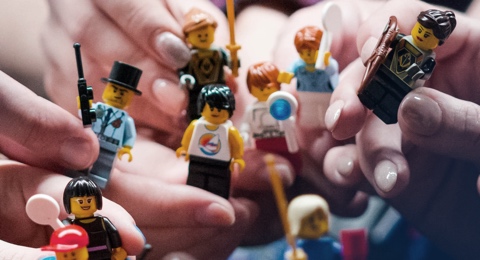
Transforming Crisis into Opportunity
Amy Rosen presented at AIA’s national conference, as part of the AIA Crisis Task Force, on how to leverage pandemic-accelerated trends to make our workplaces safer and more inclusive.
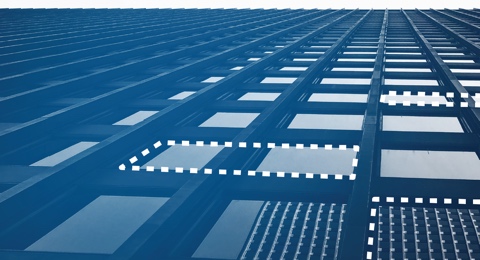
Federal Offices Lead Future of Space
Federal Agencies explore how much and what kind of office space their newly remote and hybrid workforce needs. Feds engage IT and HR for employee-centric planning.
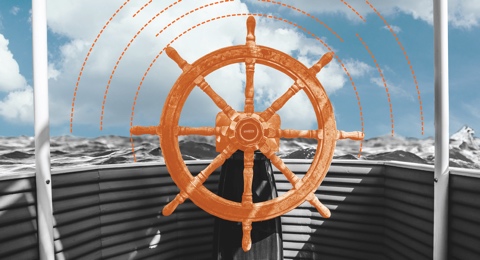
Benefits to Serving on Boards
Serving on a board is a great way to flex talents that you don’t get to use during your workday or to get a foot in the door. Check out this MIT Club event summary.
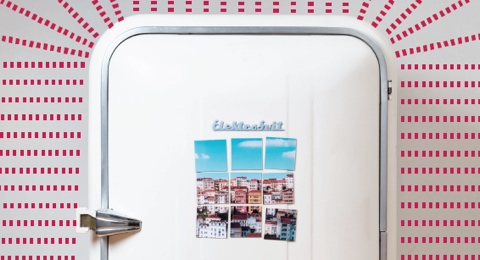
What’s in a Fridge?
Maybe it’s less about the building than what’s in the building. In the 90s, new fridges made public housing much greener. Can updated HVAC systems do the same?
Looking Ahead
Fall schedules fill quickly. Before you’re completely booked, you may want to pencil in some of these events.


